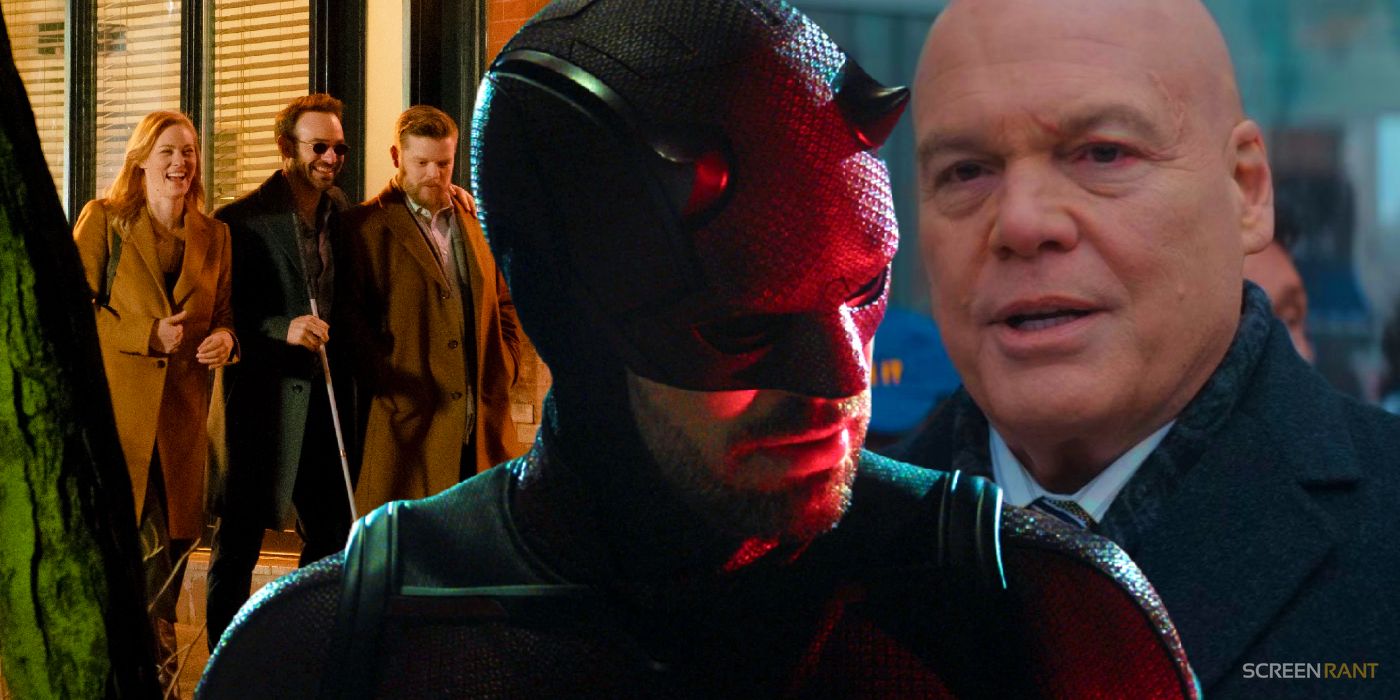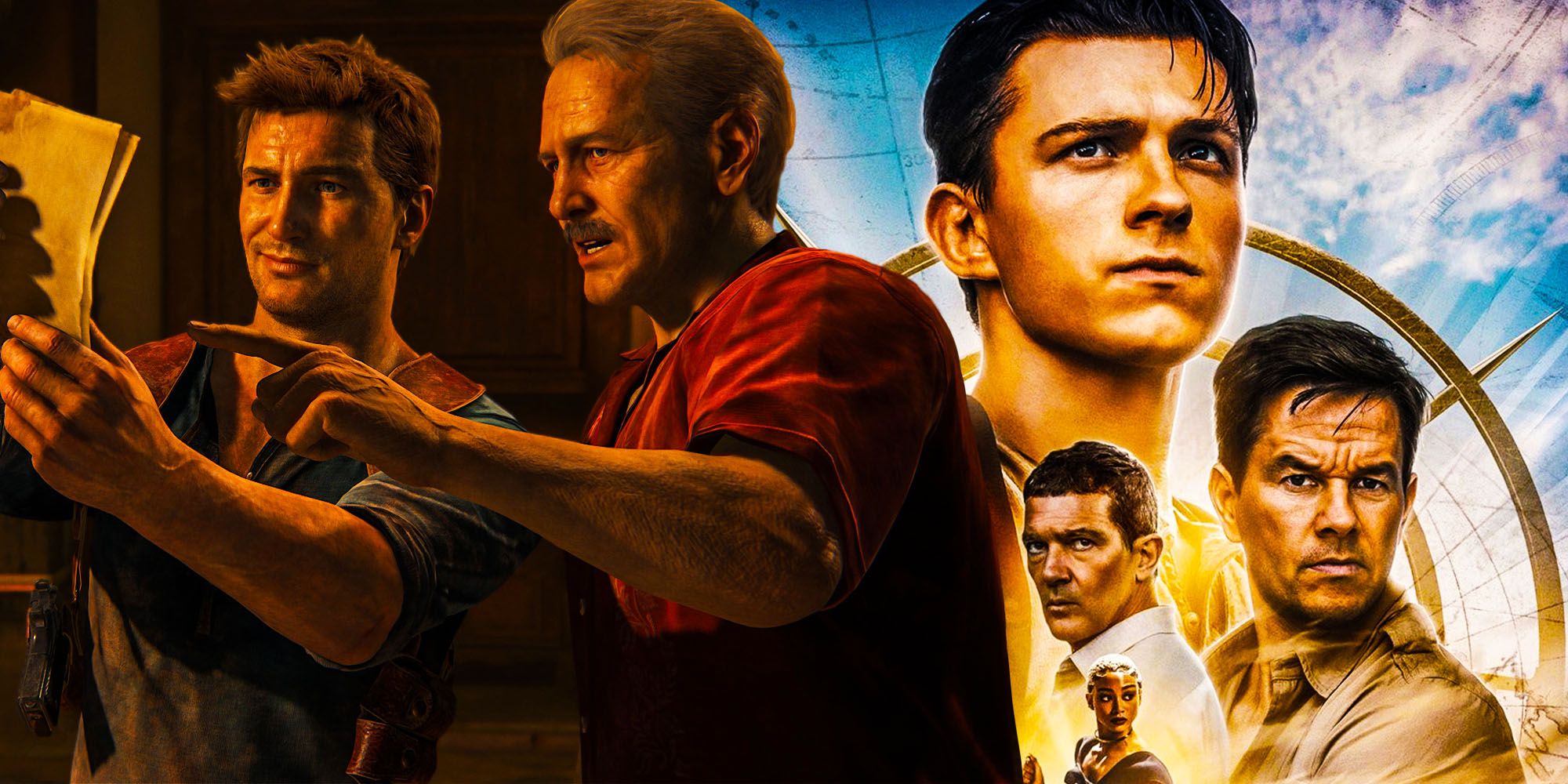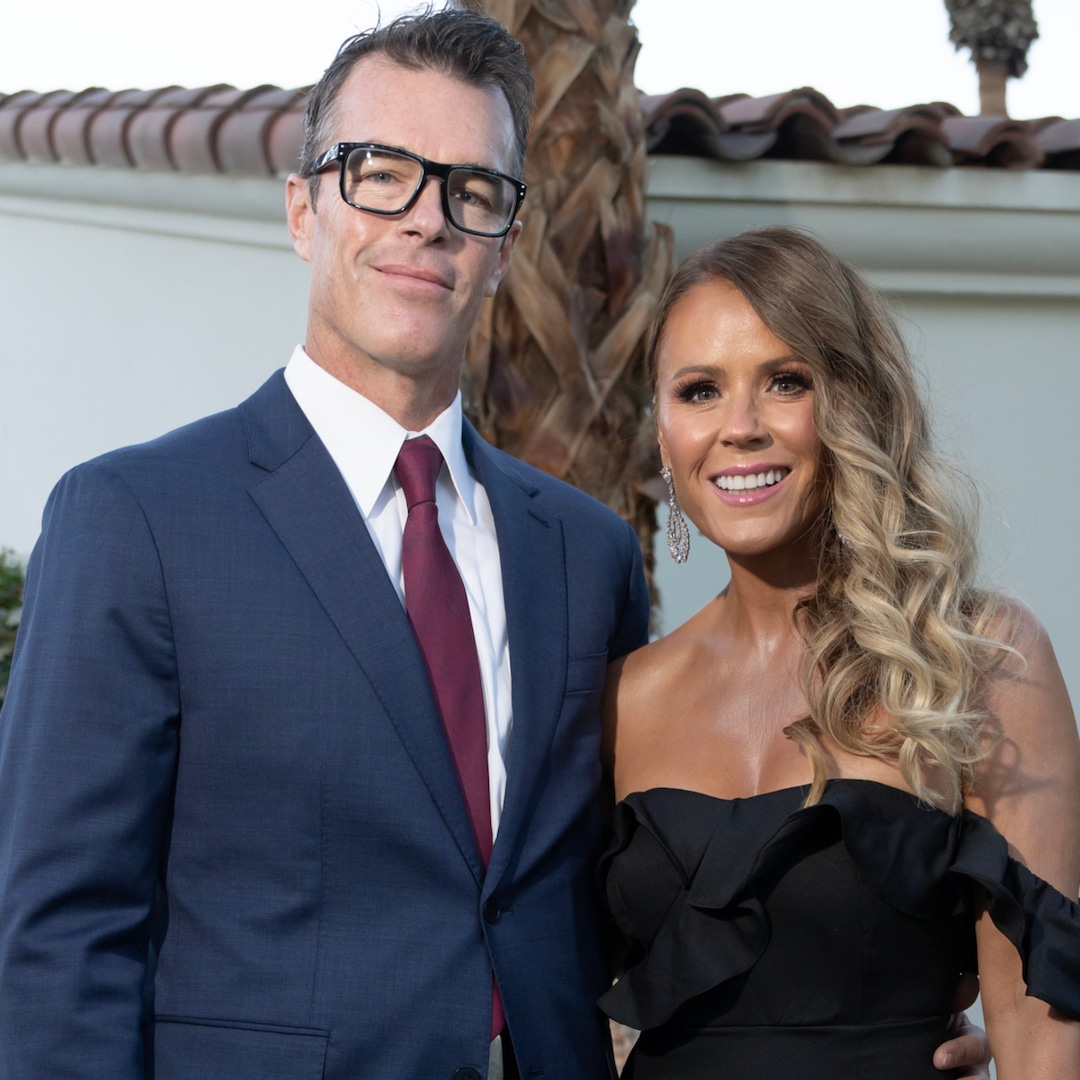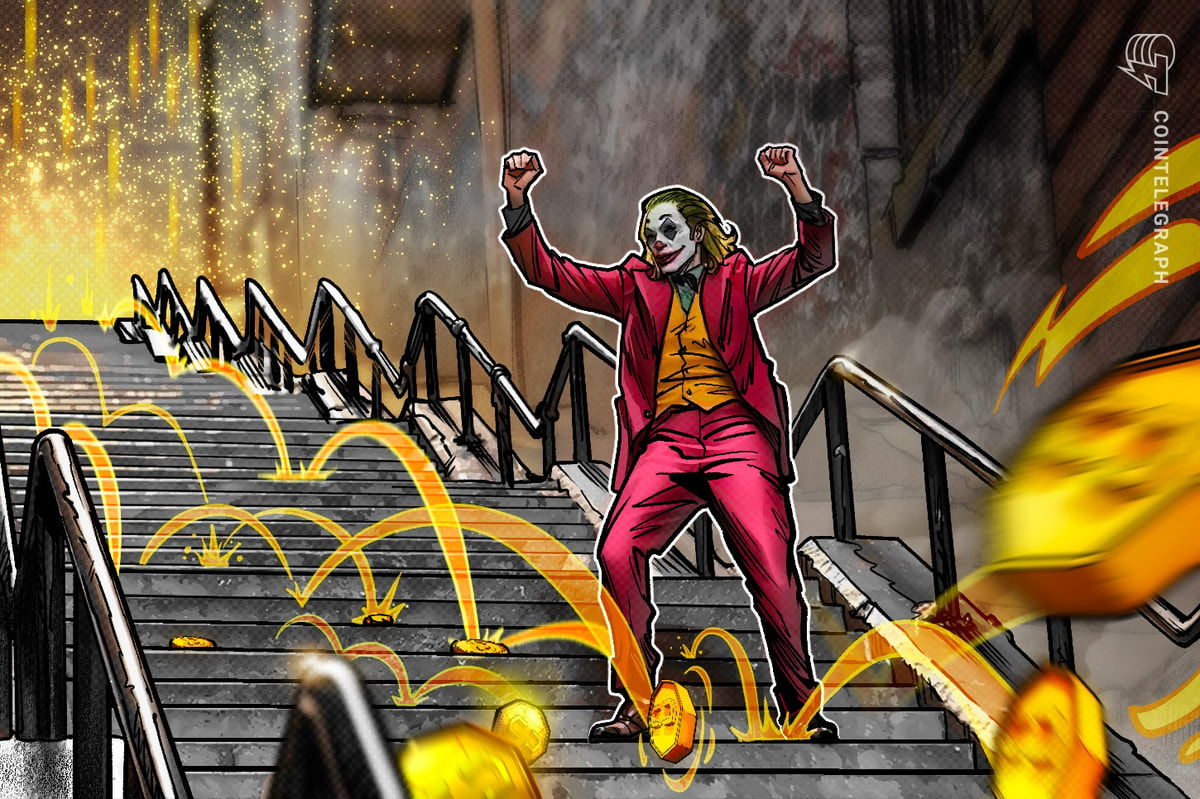When Andrew Bird steps into the editing booth, he’s used to collaborating with and bouncing ideas off of a director. But in the case of “The Seed of the Sacred Fig,” Germany’s official Oscar submission for Best International Film, he had to learn to trust his own instincts.
That’s because the Iranian thriller, which follows a family unit being torn apart after the father figure accepts a controversial job as an investigating judge signing death sentences, had to be shot entirely in secret by director Mohammad Rasoulof. Bird anonymously edited Rasoulof’s 2013 film “Manuscripts Don’t Burn,” another politically stirring film about Iranian censorship.
“Part of my job as an editor, when I’m working closely with a director, is to always kind of question everything,” Bird tells Variety. “I never really accept anything. But to be on your own doing that is a bit of a different process.”
Not only were Bird and Rasoulof never physically in the same room together during filming or post-production, but Bird was receiving footage irregularly. “It was basically being uploaded whenever the footage was strong enough, or whenever they were in a place where it was safe enough. So I never really knew what was coming.”
With Bird not knowing Farsi, the language spoken in the film, Rasoulof admits that even he “was wondering how [Bird] was going to get by with just a script and cut dialogue in a language he doesn’t understand.”
But as an editor with credits on many international films, Bird is used to working on projects not in his native language. The focus becomes on “judging an actor’s performance without knowing what they’re actually saying.” And with the original script that Rasoulof gave him before filming started, he was able to get on board with the overall concept.
Some of the most challenging moments for Rasoulof to pull off as a director were all of the interactions between the family members in their apartment. With Rasoulof having to direct most of the film remotely, “It was very frustrating for me to be away because we really had to hold the whole family structure and all the subtleties of their relationship.”
Bird also described these scenes as challenging. One particular scene, where the family argues over student protests at the dinner table, kept Bird up for multiple nights.
“Mohammad was very keen to see that scene early on and I wasn’t in a place where I was prepared to show it to anyone,” Bird describes. “When I did finally show it to him, he said he was happy with it, but he also said he would have done it differently … The whole time when I was editing, it was always in the back of my mind: ‘Am I editing this in too much of a European style?’”
The uncertainty about that scene actually stayed with Bird “up until the point where we saw the film in Cannes with 1,500 people in the theater. I really felt in the room how that scene actually worked with an audience, how electric it was, and people applauded. That finally laid that ghost to rest.”
Another important consideration for the editing process was the social media footage that is intercut throughout the film, showing the protests that the two girls, Rezvan (Masha Rostami) and Sana (Setareh Maleki), secretly watch on their phones away from their more conservative parents.
Early on when writing the script, Rasoulof knew that he wanted to incorporate footage that “had circulated a lot, so that it would immediately take [audiences] back to this historical moment … There was some flexibility about where exactly I would use them but it was also a thematic approach.”
Bird was sent around 400 clips of cell phone footage from real-life Iranian protests and was free to use them where he wanted to. He explains how “that was quite a challenge because with a lot of them, I really didn’t know what was going on. I tried to use footage that would be readable to a Western audience and not just to a local audience in Iran.”
While Bird does wonder the result would have been had Rasoulof and he been able to work more closely together, he remains proud of what “The Seed of the Sacred Fig” became.
“Like probably everyone in the movie business, I got into this whole thing with the naive belief that with films, with art, you can make a difference in the world,” Bird recalls. “Over the years, you become a little more cynical with that belief. But then you get a chance to work on a film like this and you see that maybe it is possible, to a degree.”
“The Seed of the Sacred Fig” is now playing in theaters.









 English (US) ·
English (US) ·